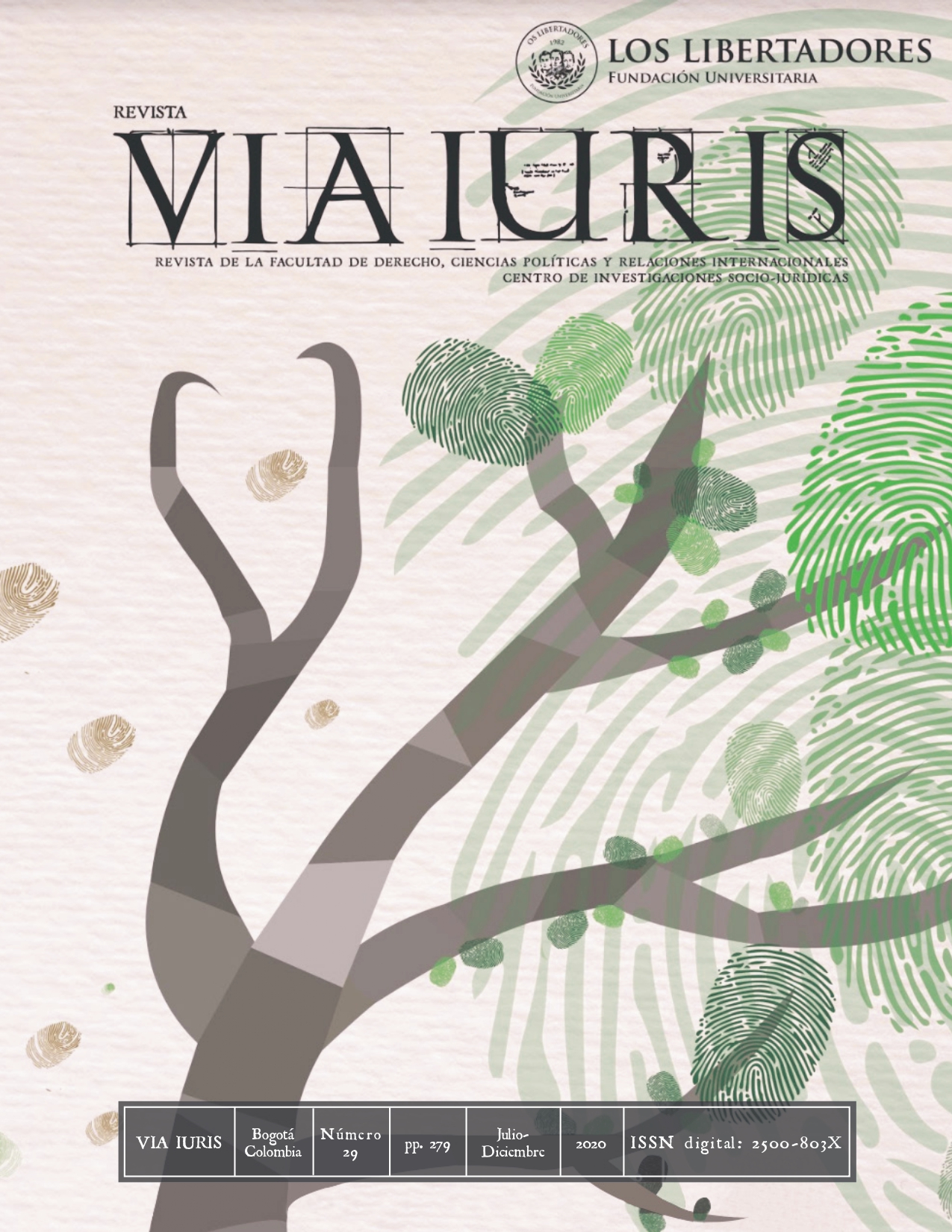The coercive obtaining of the genetic sample in criminal investigation
DOI:
https://doi.org/10.37511/viaiuris.n29a7Keywords:
DNA; genetic samples; DNA analysis; use of force; criminal investigation; procedural safeguards.Abstract
Obtaining biological samples for subsequent analysis continues to be the main source of problems with DNA testing. In Spain, the reform carried out in 2015 introduced the possibility of coercive obtaining of the sample, subject to the appropriate judicial authorization, which adds a new dimension to the problem that needs to be analyzed by seeing how it is being carried out in our courts. The aim is to understand the basis of this legislative decision and its adequacy to the constitutional order and respect for fundamental rights, as well as to examine the problems that may arise from its application: in which cases it is applicable; under what conditions; how the enabling judicial resolution has to be; what we should understand by “indispensable minimum coercive measures, proportionate to the circumstances of the case and respectful of his dignity”; how should be carried out, in short, such a problematic diligence as is the coercive execution of DNA analysis.
Downloads
Downloads
Published
Issue
Section
License

This work is licensed under a Licencia Creative Commons Atribución-NoComercial-


